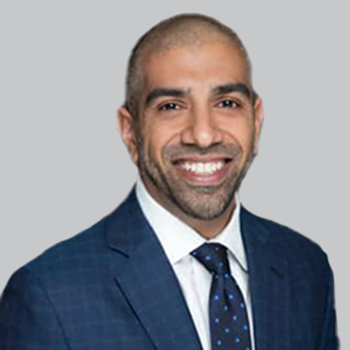
Anand Patel, MD, CPI, chief medical officer at Conquest Research, discussed a phase 2 study that investigated the efficacy and safety of LX9211, an oral medication targeting neuropathic pain.

Anand Patel, MD, CPI, chief medical officer at Conquest Research, discussed a phase 2 study that investigated the efficacy and safety of LX9211, an oral medication targeting neuropathic pain.
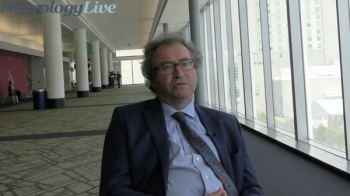
The director of the Mayo Clinic Center for Multiple Sclerosis and Autoimmune Neurology provided commentary on the possibility of preventing NMOSD, and the need to improve access to approved therapies and AQP4 testing. [WATCH TIME: 3 minutes]
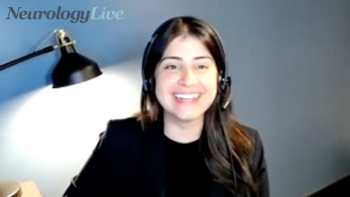
The neurology PGY-3 at Mayo Clinic in Arizona talked about findings from a retrospective cohort study that examined blood pressure in patients who were prescribed a migraine medication. [WATCH TIME: 6 minutes]
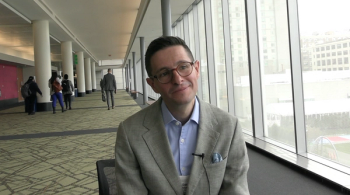
The associate professor of neurology at the Cleveland Clinic Lerner College of Medicine provided insight on the necessary research needed to understand why certain races experience more significant multiple sclerosis disease progress. [WATCH TIME: 4 minutes]

The director of the Sleep Disorders Center and staff in the Epilepsy Center at Cleveland Clinic provided perspective on the current state of sleep and epilepsy research, including the role of postical generalized EEG suppression as a biomarker for SUDEP.
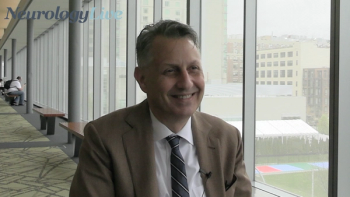
At the 2023 AAN Annual Meeting, the neuromuscular disease specialist and professor of neurology at the University of Kansas Medical Center talked about the phase 3 study investigating ataluren for Duchenne muscular dystrophy. [WATCH TIME: 5 minutes]
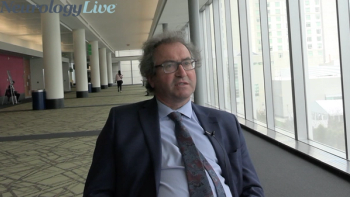
The director of the Mayo Clinic Center for Multiple Sclerosis and Autoimmune Neurology discussed findings from the phase 3 CHAMPION-NMOSD trial of ravulizumab in patients with neuromyelitis optica spectrum disorder. [WATCH TIME: 5 minutes]
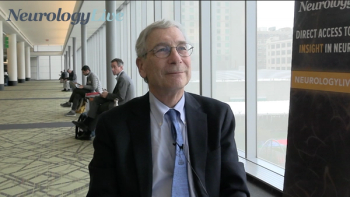
At the 2023 AAN Annual Meeting, the professor of neurology at the Geisel School of Medicine at Dartmouth talked about the effectiveness of a remote electrical neuromodulation device that offers potential relief for both episodic and chronic migraine. [WATCH TIME: 3 minutes]
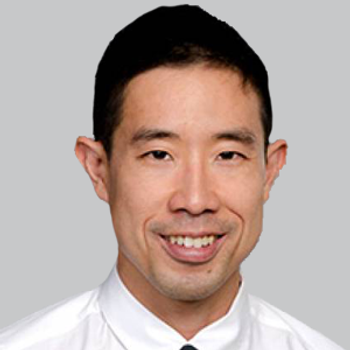
Leo H. Wang, MD, PhD, FAAN, associate professor of neurology, University of Washington Medical Center, talked about the phase 2 study of losmapimod for facioscapulohumeral muscular dystrophy presented at the 2023 AAN Annual Meeting.
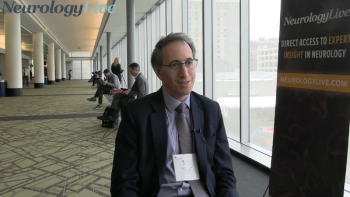
The senior academic at the University of Sydney discussed the reasons for using BC-LCLA and the modified MS Functional Composite in the phase 2 VISIONARY-MS trial. [WATCH TIME: 3 minutes]
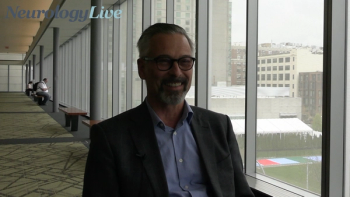
At the 2023 AAN Annual Meeting, the chief medical officer at Athira Pharma spoke about findings from a phase 2 trial in which various biomarkers related to neurodegeneration showed significant improvements. [WATCH TIME: 4 minutes]
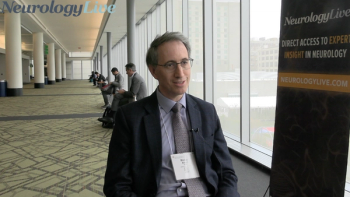
The senior academic at the University of Sydney provided perspective on the promising findings of the phase 2 VISIONARY-MS study of CNM-Au8 in relapsing multiple sclerosis. [WATCH TIME: 6 minutes]
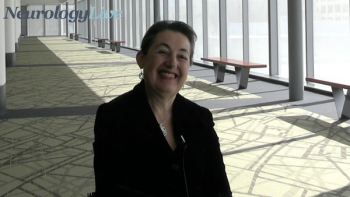
The professor of neurology at NYU Grossman School of Medicine and chief medical officer of the Epilepsy Foundation spoke about her talk on new treatments for drug resistant epilepsy given at the 2023 AAN Annual Meeting. [WATCH TIME: 6 minutes]
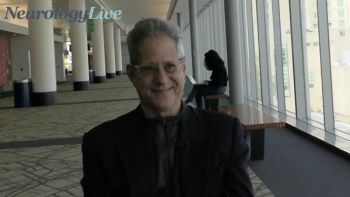
The CEO and cofounder of Amprion spoke about additional diagnostic uses of the αSyn seed amplification assay and its validation in the Parkinson's Progression Markers Initiative study at the 2023 AAN Annual Meeting. [WATCH TIME: 6 minutes]
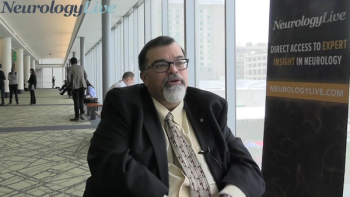
The chief scientific officer at Alzheon provided insight on the preliminary imaging findings of patients enrolled in the phase 3 APOLLOE4 study assessing ALZ-801 as a potential treatment for Alzheimer disease. [WATCH TIME: 3 minutes]
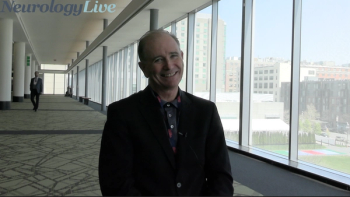
The chief executive officer and president of Study Metrics Research provided commentary on a large-scale analysis further demonstrating efficacy and safety of zavegepant, regardless of aura status. [WATCH TIME: 3 minutes]
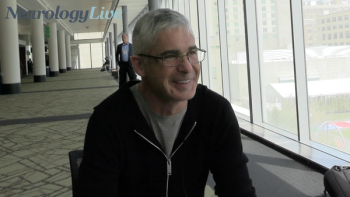
The senior vice president of research at Vaxxinity talked about research for a potential vaccine for migraine prevention presented at the 2023 AAN Annual Meeting. [WATCH TIME: 6 minutes]
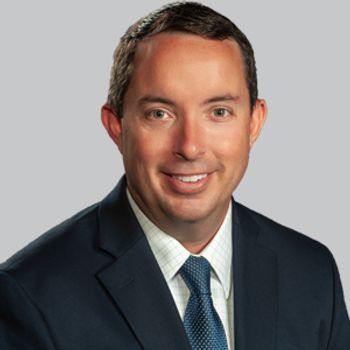
Nicholas Johnson, MD, MSci, FAAN, division chief of neuromuscular disorders and vice chair of research, Virginia Commonwealth University, provided insight on promising phase 1/2 data of AOC 1001 in myotonic dystrophy type 1.
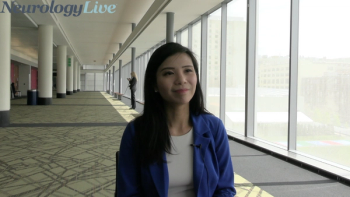
The associate professor of neurology at Mayo Clinic Rochester discussed specific findings from a simultaneous comparison of migraine medications in which certain treatments and classes were more effective. [WATCH TIME: 3 minutes]
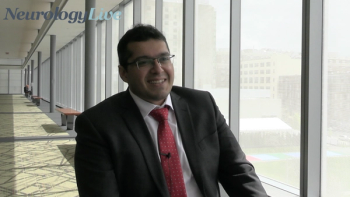
The assistant professor in the department of neurology at the Albert Einstein College of Medicine and Montefiore Medical Center talked about predictive models in Alzheimer disease for clinical trials. [WATCH TIME: 5 minutes]

Melanie Leitner, PhD, consultant and founder of Accelerating NeuroVentures, talked about the findings from regimen D of the HEALY ALS platform trial assessing pridopidine.
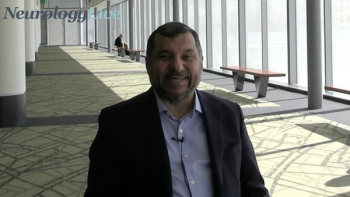
The director and chief research scientist at Tisch MS Research Center of New York talked about a phase 2 data study on stem cell treatment for multiple sclerosis that was presented at the 2023 AAN Annual Meeting. [WATCH TIME: 7 minutes]
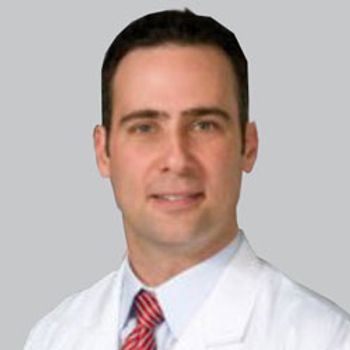
Although it showed better functional outcomes, endovascular thrombectomy for the treatment of stroke because of basilar-artery occlusion was associated with procedural complications and intracerebral hemorrhage.
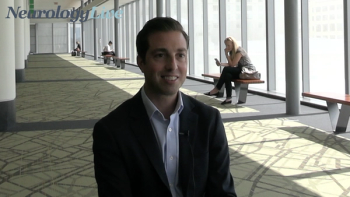
The director of the Mellen Center for MS at Cleveland Clinic talked about the ENSEMBLE study results that were presented at the 2023 AAN Annual Meeting. [WATCH TIME: 6 minutes]
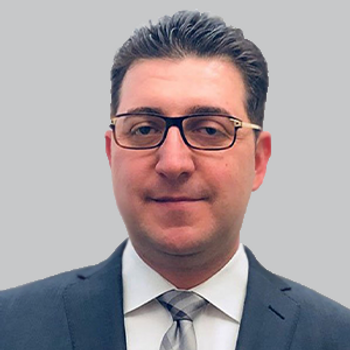
Although the incidence of symptomatic intracranial hemorrhage was low, 18% of the patients in the endovascular thrombectomy group had complications associated with the procedure.
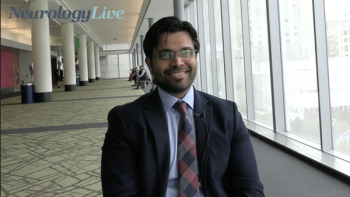
The assistant professor of neurology at Mayo Clinic spoke about understanding the phenotypes and epidemiology of autoimmune encephalitis at the 2023 AAN Annual Meeting. [WATCH TIME: 4 minutes]
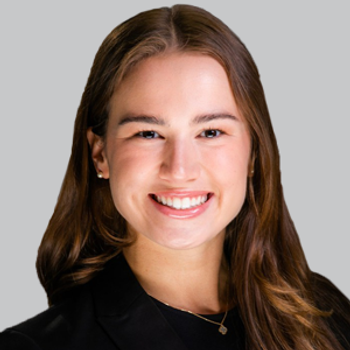
In a subgroup of individuals with secondary progressive MS, 50% of patients on mesenchymal stem cell-neural progenitor therapy improved muscle strength compared with 33% of those on placebo.
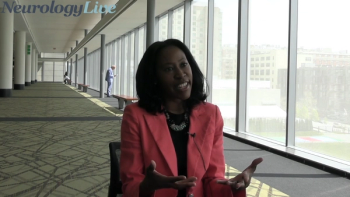
The associate chief science officer at Kennedy Krieger Institute shared thoughts on the state of pediatric neurology and the significance of being named winner of the Sydney Carter Award. [WATCH TIME: 3 minutes]
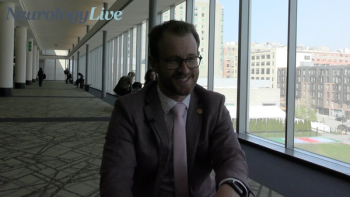
The neurologist at Mayo Clinic in Jacksonville Florida provided perspective on his talk given at the 2023 AAN annual meeting on rapidly progressive dementia. [WATCH TIME: 6 minutes]
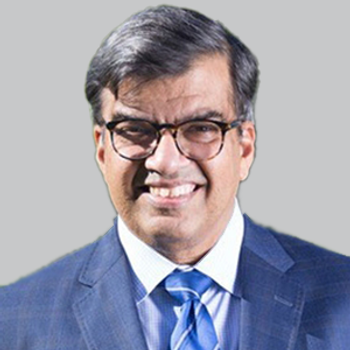
After 48 months of follow up, cipaglucosidase alfa/miglustat in cohorts of ambulatory patients with Pompe disease had an overall safety profile similar to the approved enzyme replacement therapy.